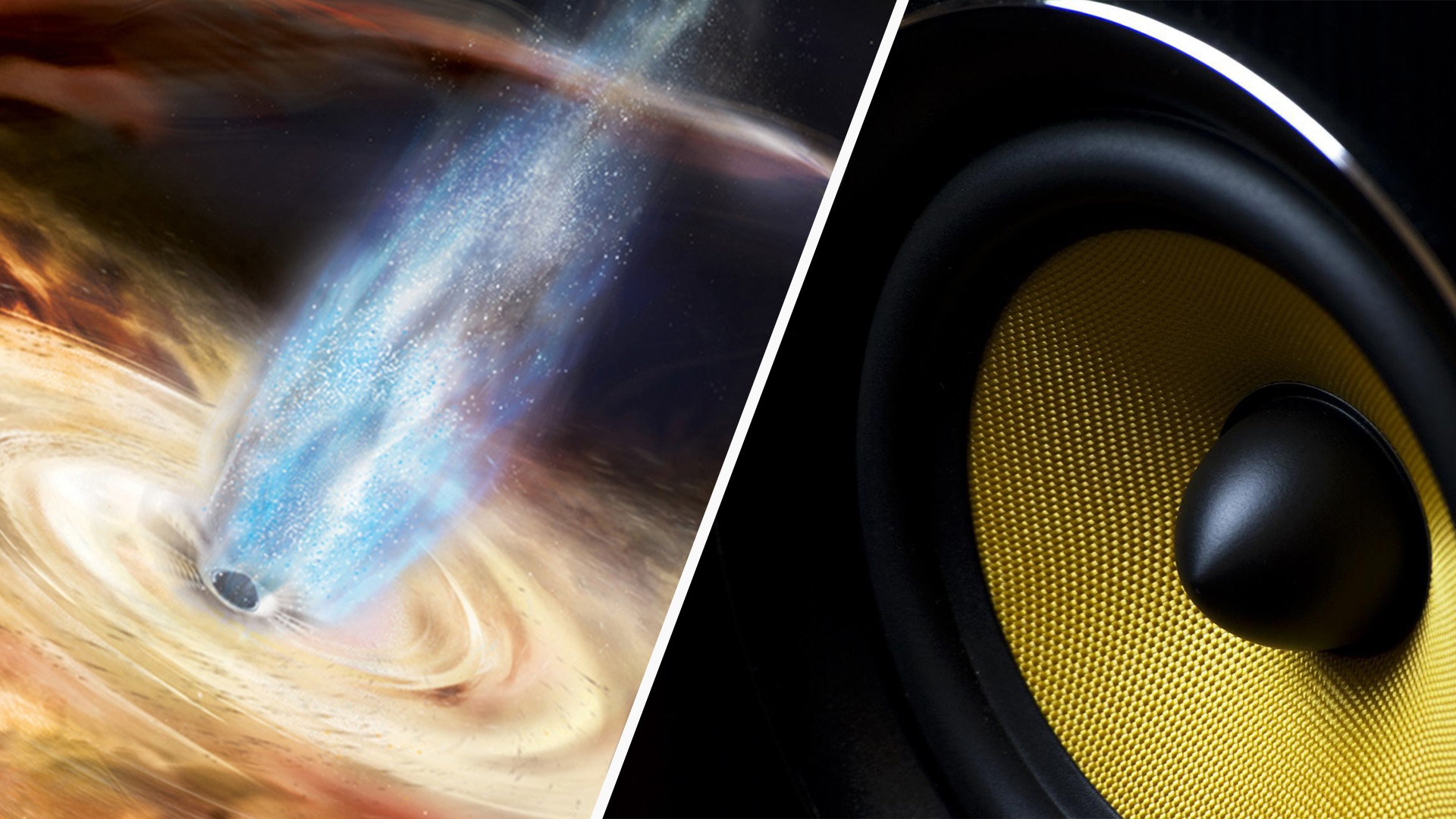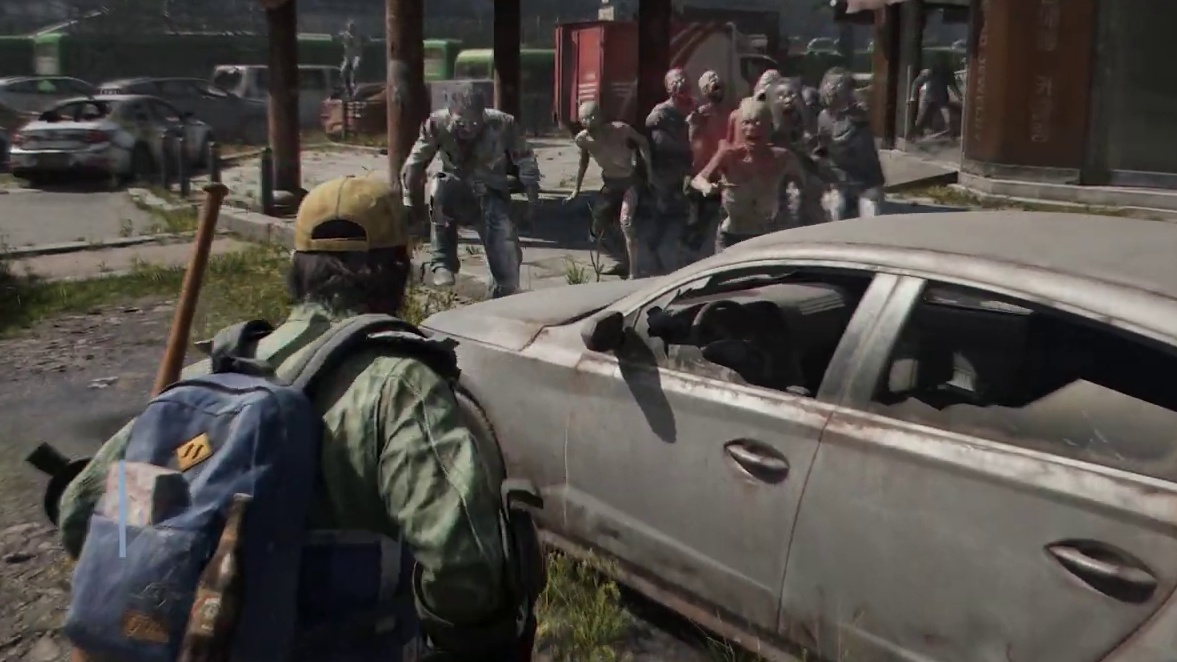MIT researchers make it possible to hear the sound of black holes for the first time. Source: MIT
Many aspects of black holes are still a mystery to us today. However, researchers at the Massachusetts Institute of Technology (MIT) are busy researching them in order to clear up these mysteries as well. As a by-product of this research, we now have a taste of what a black hole sounds like.
In order to fathom the mysteries in space, the scientists have used a new device, which they reverberation machine
name as from one News article from MIT emerges. This machine searches satellite data for echoes from black holes. In this way, they were able to locate the echoes of eight previously unknown black holes.
Why is that?
Ancient technology is in the new Mars rover
New data bring new insights
With the new data, the researchers were now able to compare echoes of the holes across different systems and thus gain new insights into the mystery. According to this, a black hole is only in one hard
Stage, it being according to Article accumulates a corona of high-energy photons along with a beam of relativistic particles that are ejected at nearly the speed of light
.
The hole’s corona, in this context, is the region of high-energy plasma just outside the black hole’s event horizon. After the hard stage, it emits a high-energy flash and then decays into a so-called soft
Stage at which it is low in energy.
This could be a sign that black hole coronas give off a large burst of energy at some point and then disappear. These findings could help explain how a black hole ejects particles over long distances to form a new galaxy.
This is what a black hole sounds like
In a side project, MIT researcher Erin Kara is working with educationalists and musicologists Kyle Keane and Ian Condry to convert the echoes mentioned above, or more specifically X-ray echoes, into audible sound waves. As a result, we can hear what an active black hole sounds like:
link to YouTube content
The result sounds like an eerie noise from a 1980s sci-fi movie. It almost gives you goosebumps to imagine these sound waves being emitted by black holes that are devouring suns and planets.
If you want to be on the safe side, you can also explore space virtually. For example at Hardspace: Shipbreaker, where you can disassemble rockets in space. Maybe you will also encounter one or the other black hole here:
0:37
Hardspace Shipbreaker: The space sandbox with ingenious physics is almost ready
Did you imagine the sound something like this or did you have something completely different in mind? Please let us know.











